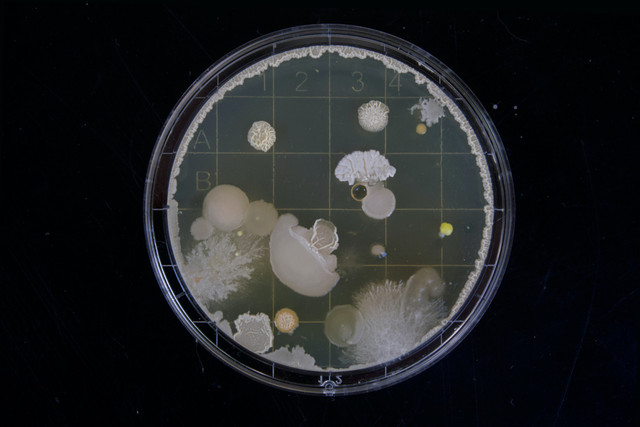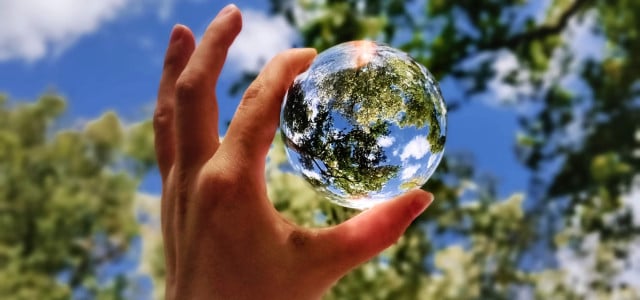Planetary health is a scientific approach that examines the deep connections between the state of our planet and human health. Read on to find out more about this crucial, pioneering concept – and how the planetary health diet can improve your life and save the planet.
The idea at the heart of the planetary health approach is that human health and our use of the planet’s limited resources are fundamentally intertwined. Planetary health is thus the intersection between global sustainability and individual well-being. Or, to put it another way: Sick planet, sick people.
This article considers the ways human activity is changing our planet and the consequences of these changes for our health. Then, our introduction to the planetary health diet will show you what you can do to improve both your own health and that of our shared planet.
Planetary Health: Definition, Scope, and Research

The Planetary Health Alliance was founded in 2016, and its members now include over 200 research institutions from over 40 countries. This demonstrates the global reach and acceptance of the concept. The PHA defines planetary health as the health impacts of global human activity.
Humanity’s influence on the Earth’s natural systems is so clear as to be undeniable. Utopia has covered many of these topics, from carbon emissions in the air, to plastic in the oceans, to the effects of deforestation. However, we are only beginning to understand the impact these changes have on our health. The problems go beyond the most pressing emergencies such as air pollution and malnutrition. War and displacement and effects on mental health like eco-anxiety are thought to be just some of the consequences of global warming and the loss of biodiversity. Climate change may even have played a role in the emergence of the COVID-19 pandemic.
Because of the huge – well, planetary! – scale of the problems involved, research needs to be carried out in countless fields. The diverse spheres mentioned in this article on the bigger picture of planetary health include everything from land use and energy to gender equity and peace.
So, fortunately, there are plenty of people trying to make a difference. The PHA and The Lancet focus specifically on the UN’s Sustainable Development Goals. And for a more local, actionable approach, just check out Utopia’s own list of environmental organizations worth supporting. Finally, one thing we can all implement in everyday life is the planetary health diet. Find out more below.
The Planetary Health Diet: Healthy People, Healthy Planet



Civilization is in crisis. We can no longer feed our population a healthy diet while balancing planetary resources.
Tamara Lucas & Richard Horton: The 21st-century great food transformation
The above quote is from a recent article in the scientific journal The Lancet. On the one hand, it makes the scale of the problems we face chillingly clear. However, it also offers a perspective on what we can change to make a difference. The holistic, scientific approach of the planetary health diet represents a sound basis for that change.
The planetary health diet does not necessarily mean going vegan. In fact, most of the suggestions will seem pretty familiar and achievable. Essentially, the planetary health diet is simply based on “an increase in consumption of healthy foods” – these include
- vegetables,
- fruits,
- whole grains,
- legumes,
- and nuts.
At the same time, the diet includes less unhealthy foods such as
- red meat,
- sugar,
- and refined grains.
It’s not exactly news that this diet is healthy for us as individuals. However, more people need to be making the connection between our health and that of the planet.
After all, as the planetary health approach makes clear, it’s no coincidence that healthy food is also sustainable food. We evolved to live in harmony with nature – and modern, intensive agriculture is hugely damaging to the environment. The efforts needed to alter this will be global in scale. But every positive change we make in the way we live as individuals will also have a genuine impact on the future of the planet.
Important Information regarding Health-related Topics.
** Links to retailers marked with ** or underlined orange are partially partner links: If you buy here, you actively support Utopia.org, because we will receive a small part of the sales proceeds. More info.Do you like this post?







